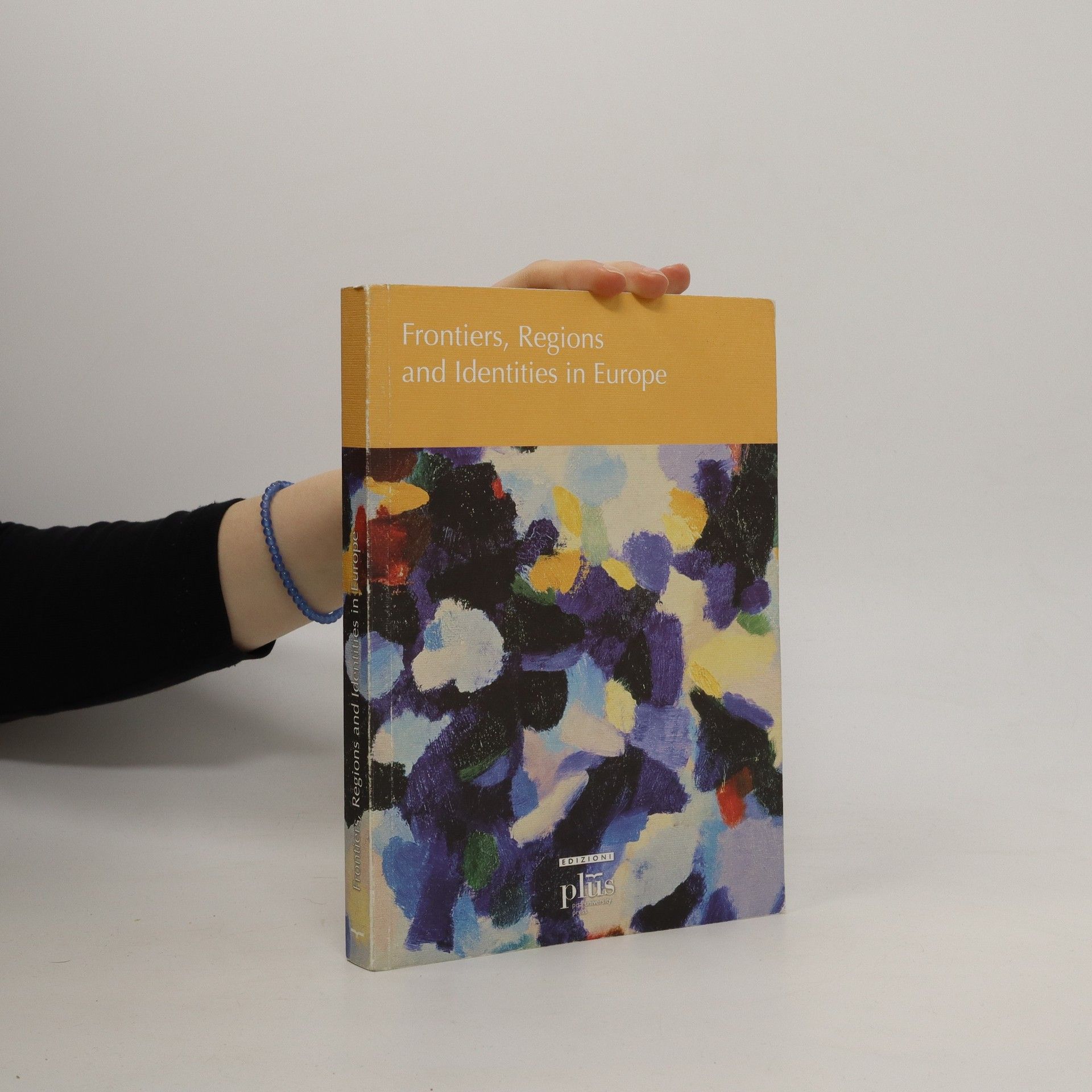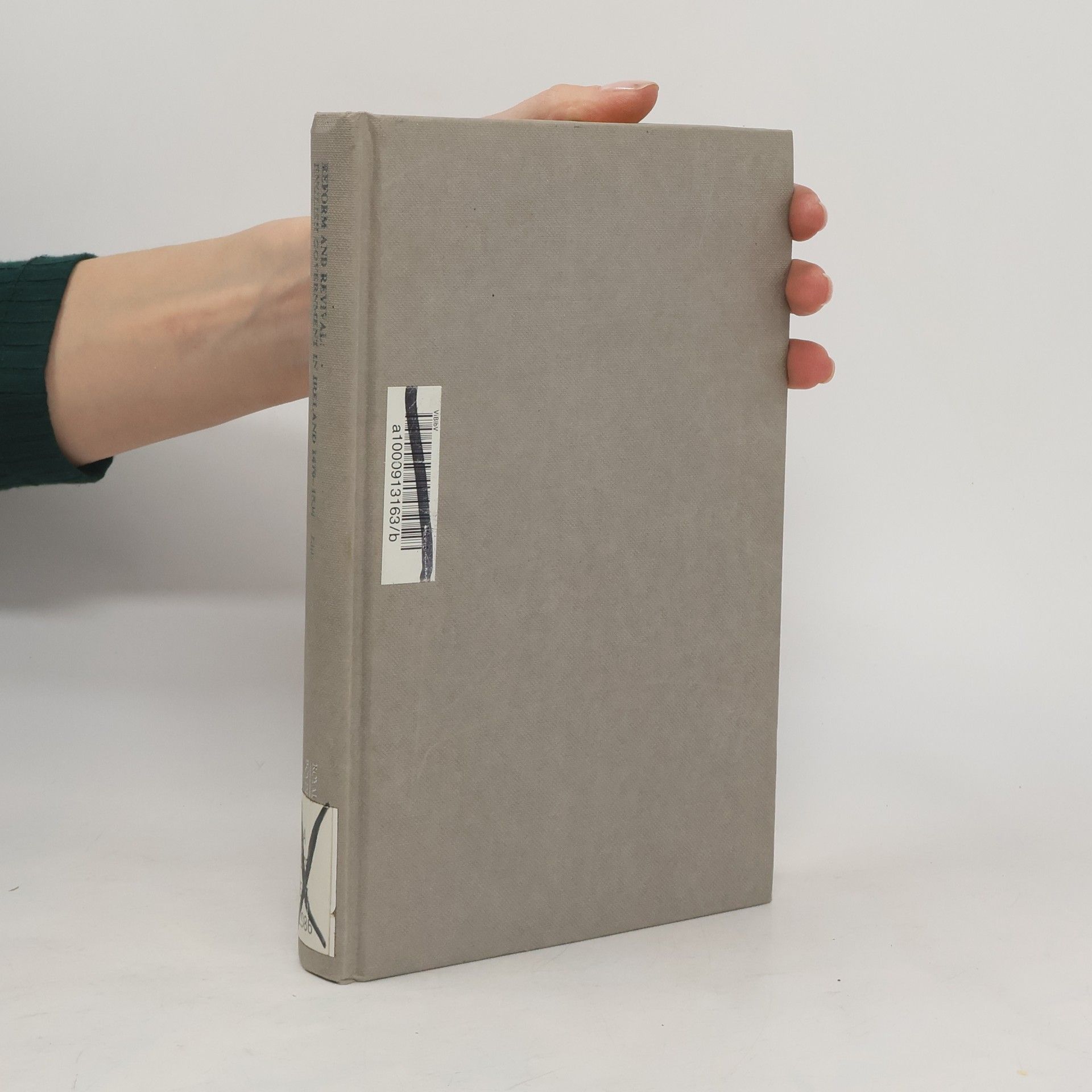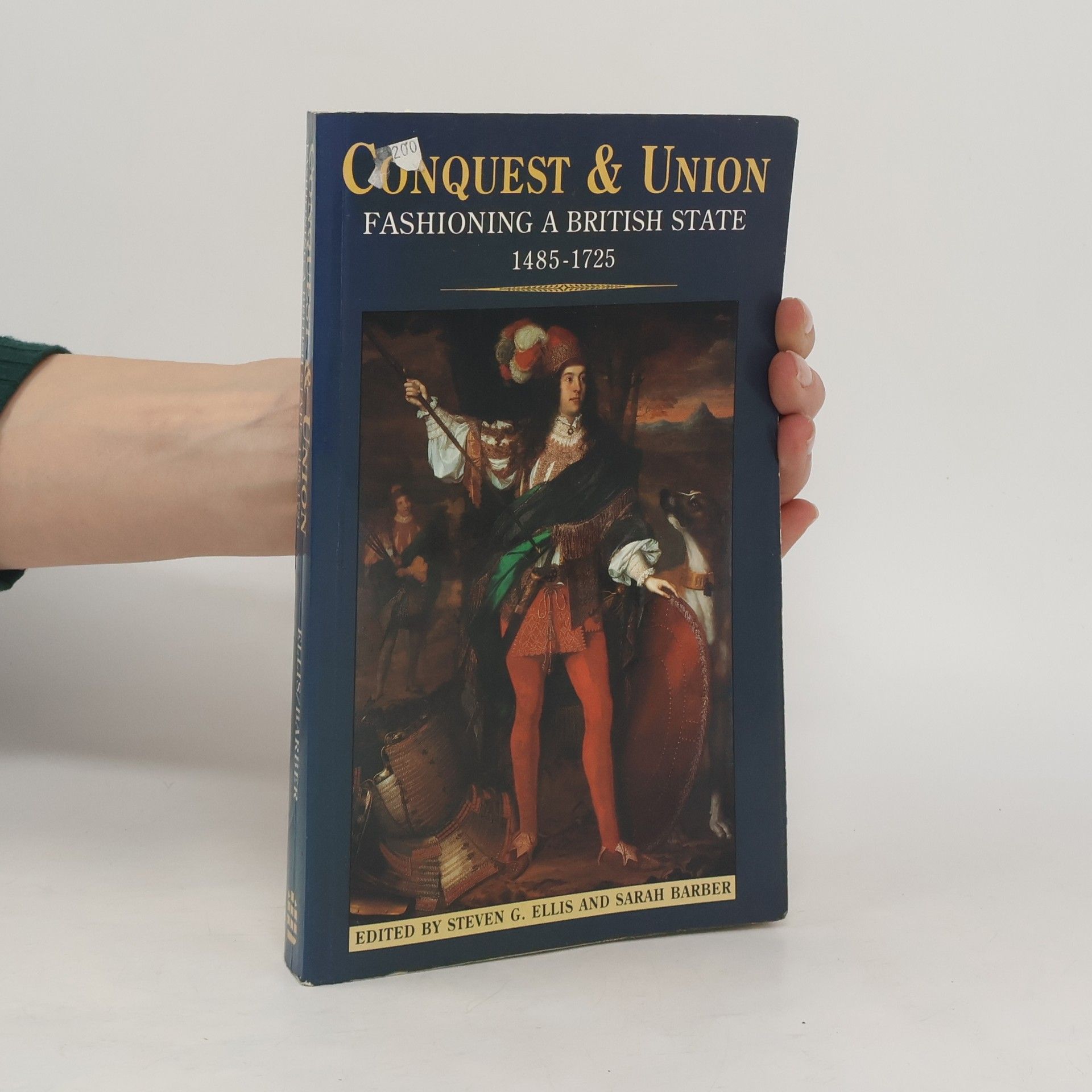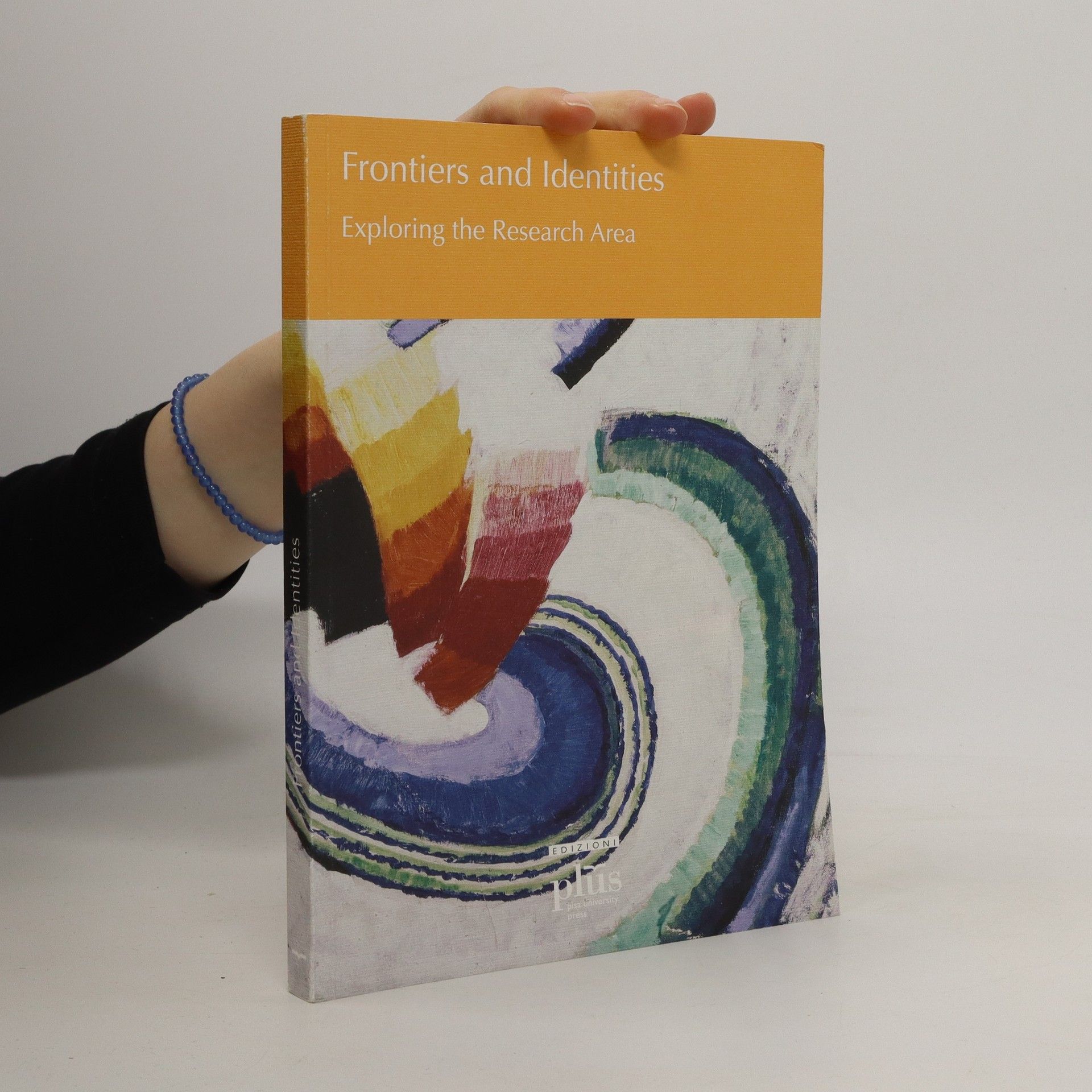Frontiers and Identities: Exploring the Research Area
- 214bladzijden
- 8 uur lezen





This text examines the formation of the British state. Topics covered include: Tudor state formation; Tudor reform in Wales and Ireland; Anglo-Scottish Protestant culture; the Anglican Church and the unity of Britain; and the Gaelic reaction to the Reformation.
English Government in Ireland, 1470-1534
This book challenges established opinion about Tudor Ireland. Instead of an embattled colony under only nominal control, Dr Ellis describes a recognizably English political structure, responsive to royal authority.